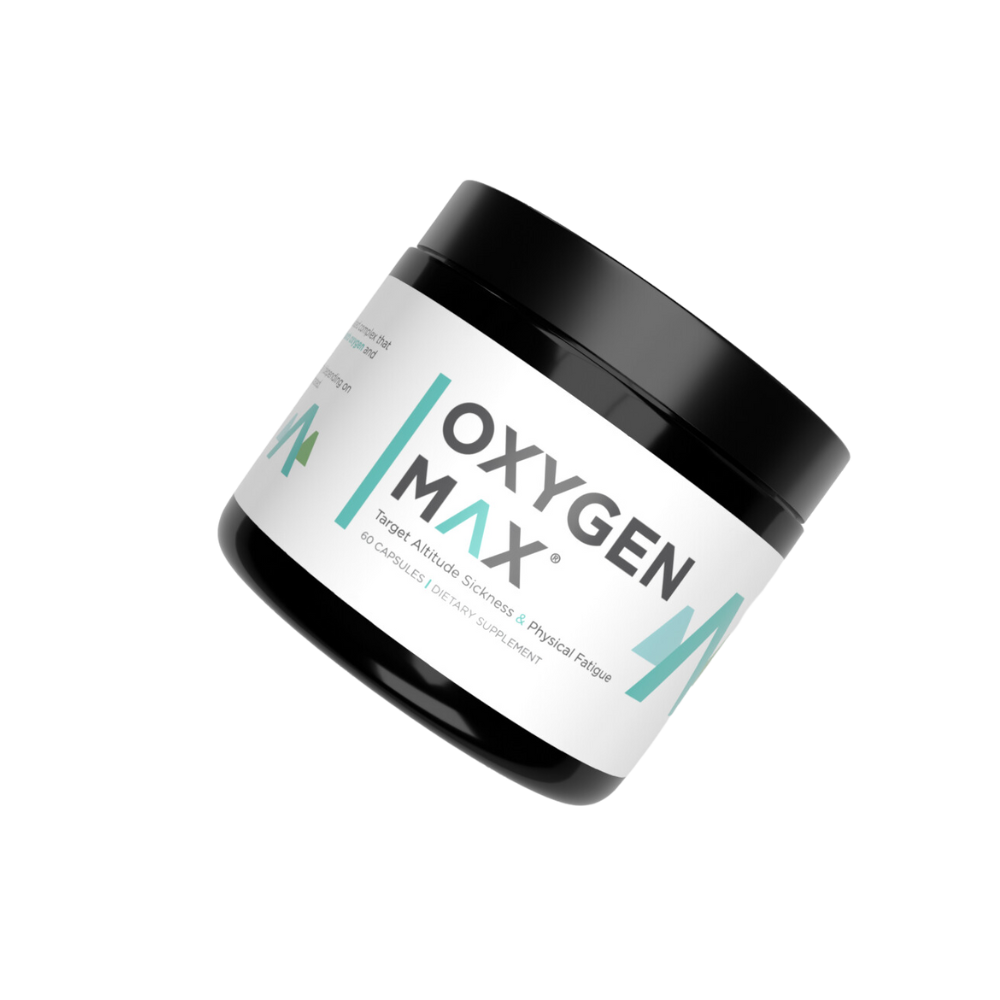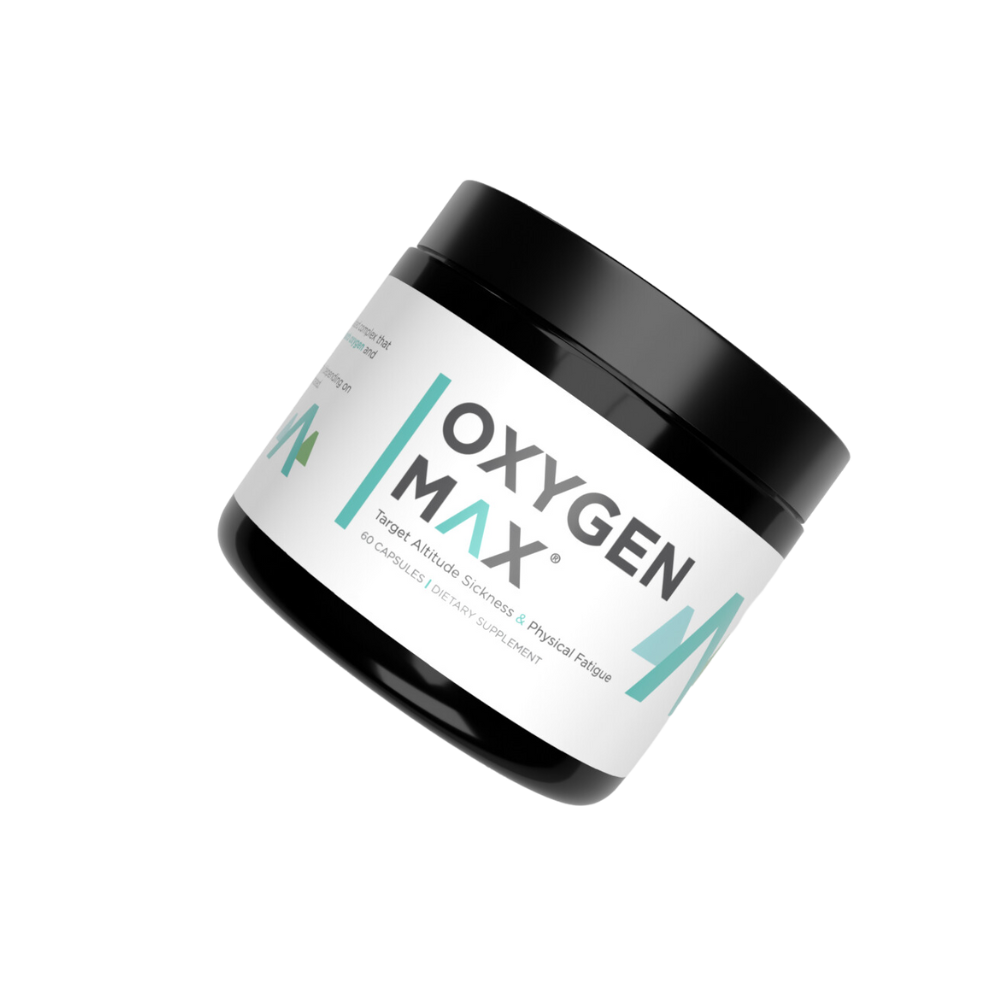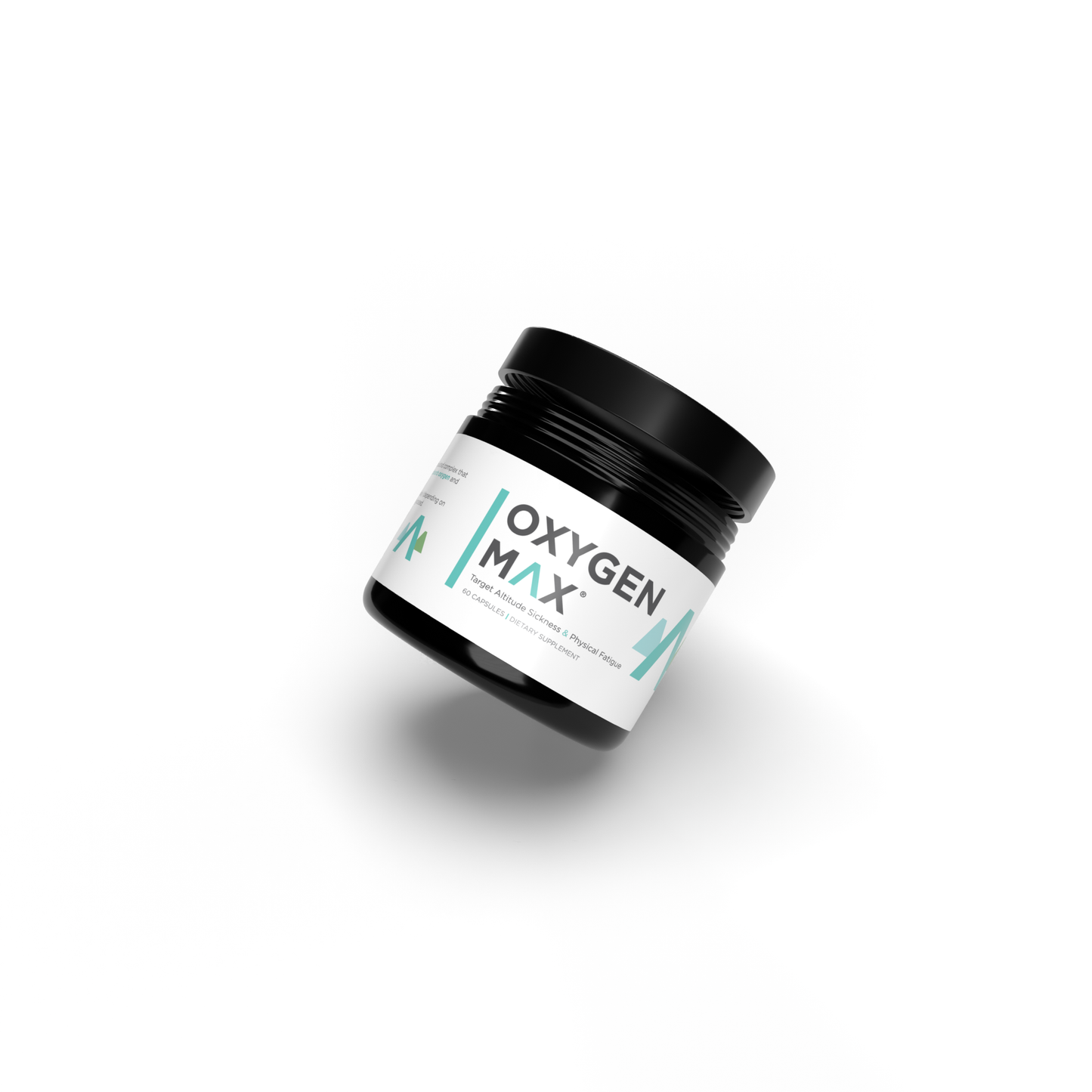Below is the content prepared for WordPress with proper formatting, a “Resources” section, and a meta description:
Altitude Sickness and Alcohol: Navigating the Risks of High-Altitude Drinking
Are you a fan of spending your time in the outside world? For numerous people, that means taking an adventure to high altitudes. However, did you know how consuming alcohol can be extra dangerous in such areas? There is a strong correlation between altitude sickness and drinking alcoholic beverages.
Table of Contents
Understanding Altitude Sickness
Altitude sickness is a condition that affects those exposed to higher altitudes. A decrease in atmospheric pressure and the lower level of oxygen available at these elevations causes this illness. Symptoms include mild headaches, exhaustion, dizziness, difficulty breathing, loss of appetite, and insomnia – or can even be as severe as vomiting. Going up too quickly with inadequate acclimatization puts people more at risk of having harsher effects from altitude sickness than if they ascend gradually while getting used to the new conditions properly.
Drinking alcohol when at a high elevation increases your chances of getting altitude sickness. This is because the humidity is lower there, so our bodies dehydrate much quicker than usual – and dehydration amplifies the symptoms linked to this issue, like headaches, nausea, dizziness, and difficulty breathing. If you don’t keep an eye on yourself while drinking in such locations, it can quickly turn into a dangerous situation. Have you ever experienced any of these things after having drinks somewhere mountainous?
Drinking alcohol may also interfere with your body’s ability to adjust safely to a new environment since it impairs your judgment, making it difficult for you to assess the situation accurately before engaging in activities that could prove hazardous due to altitude-related conditions like hypoxia (low oxygen levels).
Though much has been said about avoiding alcohol altogether when visiting high-altitude locations or participating in strenuous activities there, it’s important for visitors to understand they don’t have to go without their favorite drinks just because they are traveling somewhere higher than what is normal. They need to be aware of how drinking affects them differently under these circumstances so they can make informed decisions on how much they should consume while trekking through mountainous regions or other areas situated above sea level, such as ski resorts etc.
So if one plans on enjoying adult beverages at elevation, it’s best to plan ahead and consider moderation – after all, no good story ever began with “I had a single beer… right?”
Alcohol 101: How it Affects the Body
When it comes to drinking alcohol at high elevations, there are potential issues that should be considered. Alcohol is a diuretic, which means it makes you pee more and can lead to dehydration – one of the primary causes of altitude sickness. Furthermore, consuming alcohol impairs your judgment and decision-making skills, meaning you’re more likely to take unnecessary risks or fail to recognize symptoms before they become serious health problems! Is this something worth risking?
All in all, while having an occasional drink isn’t necessarily dangerous when up at higher elevation, just remember moderation is key so as not to increase your risk for altitude sickness.
Well, there’s no denying that consumption of alcohol at higher altitudes can be a tricky concept.
While responsible drinking shouldn’t be discouraged while engaging in such activities, people should still pay attention to their limits and the risks associated with having drinks in elevated regions. It’s important for folks to keep themselves hydrated by drinking two non-alcoholic beverages each time they have an alcoholic beverage – this could range from water or even sports drinks! Doing so will ensure that you stay safe and make the most out of your adventures!
It’s important for people to remember that different alcoholic drinks have various effects on our bodies. For example, hard liquor such as whiskey or vodka can be more dehydrating than beer and wine due to the higher alcohol content (ABV) by volume. This is often overlooked, but being aware of this could help you choose a drink in order to achieve specific outcomes – do I want something lighter with fewer calories? Or perhaps something stronger that may make me feel tipsier faster?
When Altitude and Alcohol Collide
Heading to higher elevations can come with a number of physical effects due to the thinner air and lower oxygen levels in comparison with sea level. These include headaches, trouble breathing, fatigue, and even altitude sickness – when the body is unable to adjust quickly enough, which often causes nausea or dizziness. Worse yet, be aware that drinking alcohol while at high altitudes exacerbates these already unpleasant symptoms!
For those who don’t usually drink alcohol at high elevations, they should be aware that it may have a stronger effect on them than usual. This is because of a combination of dehydration from the altitude and lack of oxygen in their bodies.
So, while someone could normally handle two or three drinks without issue if they’re drinking up high, one or two might quickly get to feeling rather drunk – so you’d better take care when imbibing responsibly at higher altitudes!
What’s important to remember is that while consuming alcohol in higher elevations may lead to a greater feeling of intoxication than usual, it’s ultimately important for anyone doing so to stay hydrated by drinking plenty of water. This will help them avoid any unnecessary adverse effects from the dehydrating nature of beer or other types of alcoholic beverages.
Safety First: Tips for Drinking at Altitude
Experiencing the rare environment of high-altitude drinking can be interesting and thrilling, yet it is essential to remain safe as well. Drinking booze at an altitude entails its own set of threats, so it’s smart to be aware of potential risks before indulging in some elevated libations. It all begins by understanding not only altitude sickness but also how alcohol consumption has a role in this condition.
Altitude illness is due to oxygen level decline caused by greater height elevation; frequent indications include headache, dizziness, shortness of breath, fatigue, and nausea movements.
Drinking alcohol at high altitudes can be risky and make the effects of altitude sickness worse. That’s because drinking can worsen dehydration, increase strain on body organs, and dull your senses to symptoms like headaches or dizziness, which you may not even realize are coming from elevation in the first place. So if you’re gonna drink up there, it’s important to balance out with plenty o’ H2O, too!
If you’re planning to drink in higher elevations, it’s important to consider the effects high altitude can have on your body. To avoid dehydration, try avoiding sugary drinks or carbonated beverages – sugar increases urination, which leads to more dehydration, and carbonated drinks create extra gas buildup, making you feel bloated at a time when oxygen levels are already lower than normal. Eat plenty of food, too, so that your metabolism is working efficiently for both food and alcohol consumption while keeping blood sugar balanced.
Be mindful of any potential signs of altitude sickness, such as headaches or dizziness. If this happens, stop drinking right away and take some much-needed rest until those symptoms pass before venturing out again into higher-elevation areas! By following these basic safety tips, hopefully, Your next adventure will be enjoyable without risking injuring yourself from not taking proper precautions ahead of time!
Conclusion
Altitude Sickness and consuming alcohol can be a very dangerous mix. There’s no denying the genuine risks associated with drinking
Resources
For more information on altitude sickness and the impact of alcohol at high altitudes, consider visiting the following high-authority sites:
-
Centers for Disease Control and Prevention – Altitude Sickness and Alcohol:
CDC – Altitude Sickness -
Mayo Clinic – Altitude Sickness and Alcohol:
Mayo Clinic – Altitude Sickness -
WebMD – Alcohol and Altitude Sickness:
WebMD – Altitude Sickness




